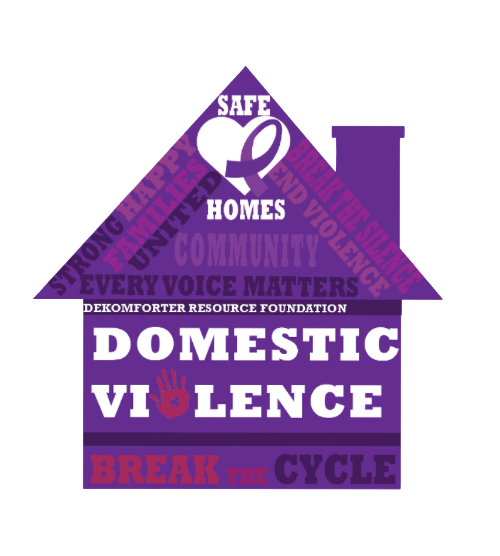Accessible education is crucial for breaking the cycle of poverty among low-income families, serving as a powerful tool for social mobility and economic advancement. By providing quality education, we equip children with the skills and knowledge necessary for future success, which can have a transformative impact on their lives and communities. Here are some key aspects of why accessible education is essential:
Empowering Children Through Quality Education
Skill Development: Quality education lays the foundation for essential skills such as critical thinking, problem-solving, and effective communication. These skills are vital for navigating academic challenges and future career opportunities.
Tutoring and Support Programs: Targeted programs that offer tutoring and mentoring can significantly benefit disadvantaged students. Personalized support helps bridge learning gaps, improves academic performance, and boosts self-confidence, allowing students to thrive in their educational pursuits.
Extracurricular Activities: After-school programs and enrichment activities provide students with opportunities to explore their interests and talents outside of the classroom. These activities can enhance social skills, promote teamwork, and foster a sense of belonging, contributing to overall well-being.
Opportunities for Adults
Adult Education Programs: Accessible adult education initiatives, such as GED preparation and vocational training, empower parents to improve their job prospects and financial stability. By gaining new skills or certifications, parents can access higher-paying jobs, ultimately benefiting their families.
Lifelong Learning: Encouraging a culture of lifelong learning is essential for low-income families. Adult education programs not only enhance career prospects but also instill a love for learning that can be passed down to future generations.
Fostering Upward Mobility
Scholarships and Financial Aid: Programs that offer scholarships and financial assistance for low-income families can significantly reduce barriers to education. By alleviating the financial burden, more students can pursue higher education and vocational training, increasing their earning potential.
Community Partnerships: Collaborations between schools, local businesses, and non-profit organizations can create a robust support network for low-income families. These partnerships can provide resources, mentorship, and career exploration opportunities that enhance educational access and success.
A Brighter Future for Generations
By prioritizing accessible education, we can create meaningful opportunities for low-income families, fostering upward mobility and a brighter future for generations to come. Investing in education not only benefits individual families but also strengthens communities and drives economic growth.
In conclusion, accessible education is a cornerstone for breaking the cycle of poverty. By ensuring that all families have access to quality educational resources, we can pave the way for a more equitable society where every child has the opportunity to succeed.





